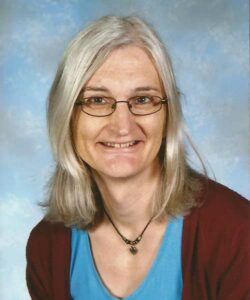
Police and Crime Commissioners will be elected next week across much of England and Wales. These elections may struggle to excite the voters – turnout in 2016 failed to reach 30% in many areas – but those chosen have the power to hire and fire Chief Constables. They hold the police to account, and they are responsible for “the totality of policing.”
These elections are as political as any other. Last time round, 35 of the 40 seats were held by Conservative or Labour candidates. Plaid Cyrmu secured two seats in Wales while independents were restricted to three seats, all in South West England.
But the responsibility for setting the police and crime objectives does not revert to Boris Johnson or Keir Starmer, or their party machines; it falls on the individuals that we elect. What they think matters to everyone in these times when policing has become rather more total – expanding its remit into, for example, the recording of “non-crime hate incidents.”
When individuals are reported to the police for committing a hate crime, even if a police investigation finds that no crime has been committed, College of Policing guidance requires the allegation to remain on their police record as a “hate incident.” While a non-crime will not lead to criminal action, it can show up on DBS checks, blighting future careers. In the highly charged debate over sex and gender, that can be a manna from heaven for vexatious complainants.
Before we elect these people on Thursday, maybe we need to consider their campaign literature rather more carefully? What they say and what they think may have an impact on what we are allowed to say and think.
The Home Secretary has asked the College of Policing to review their guidance but, under the terms of the Police and Social Responsibility Act 2011, PCCs must contribute to the national and international policing capabilities. Equally importantly, they also need to “make sure local priorities are joined up.”
Before we elect these people on Thursday, maybe we need to consider their campaign literature rather more carefully? What they say and what they think may have an impact on what we are allowed to say and think. As LGB and transsexual people, rights of expression that we had hitherto taken for granted are under threat. Can we say openly that sexual orientation refers to biological sex, and not unseen feelings in our heads? Are lesbian and gay people allowed to organise in single sex groups? Can transsexuals reclaim the truth that we do not need to pretend to be the other sex in order to be comfortable in our own bodies?
Candidate statements are published by the website choosemypcc.org.uk. Just type in your postcode to see who is standing and check their priorities. But anodyne election addresses only tell part of the story. Click through to their websites and ask them the questions you want them to answer. In elections where turnout is low, your vote matters even more to them.
In police areas with no PCC, the same powers will be held by the elected mayor. But whatever title they hold they are accountable to the electorate. Some candidates may have fallen for Stonewall propaganda, but many may not have thought about LGBT issues. Their manifestoes may be complete but the time to lobby anyone standing for public office is the week before the election. Do it today and you may exert real change.
Debbie Hayton is a transgender teacher and journalist.
Top photo: A rainbow coloured police car drove along the Pride Parade in Swansea in 2019 followed by officers marching from South Wales Police.




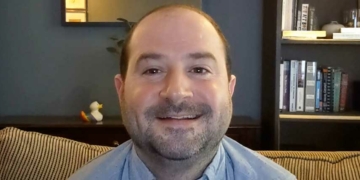

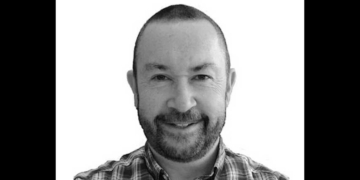
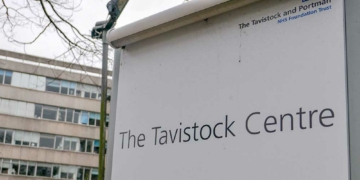








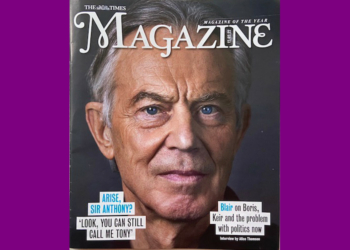
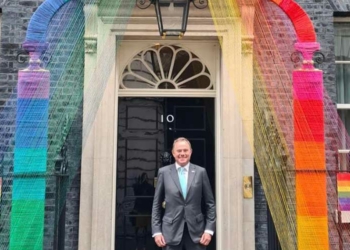






Comments
No comments yet, be the first to leave a comment.